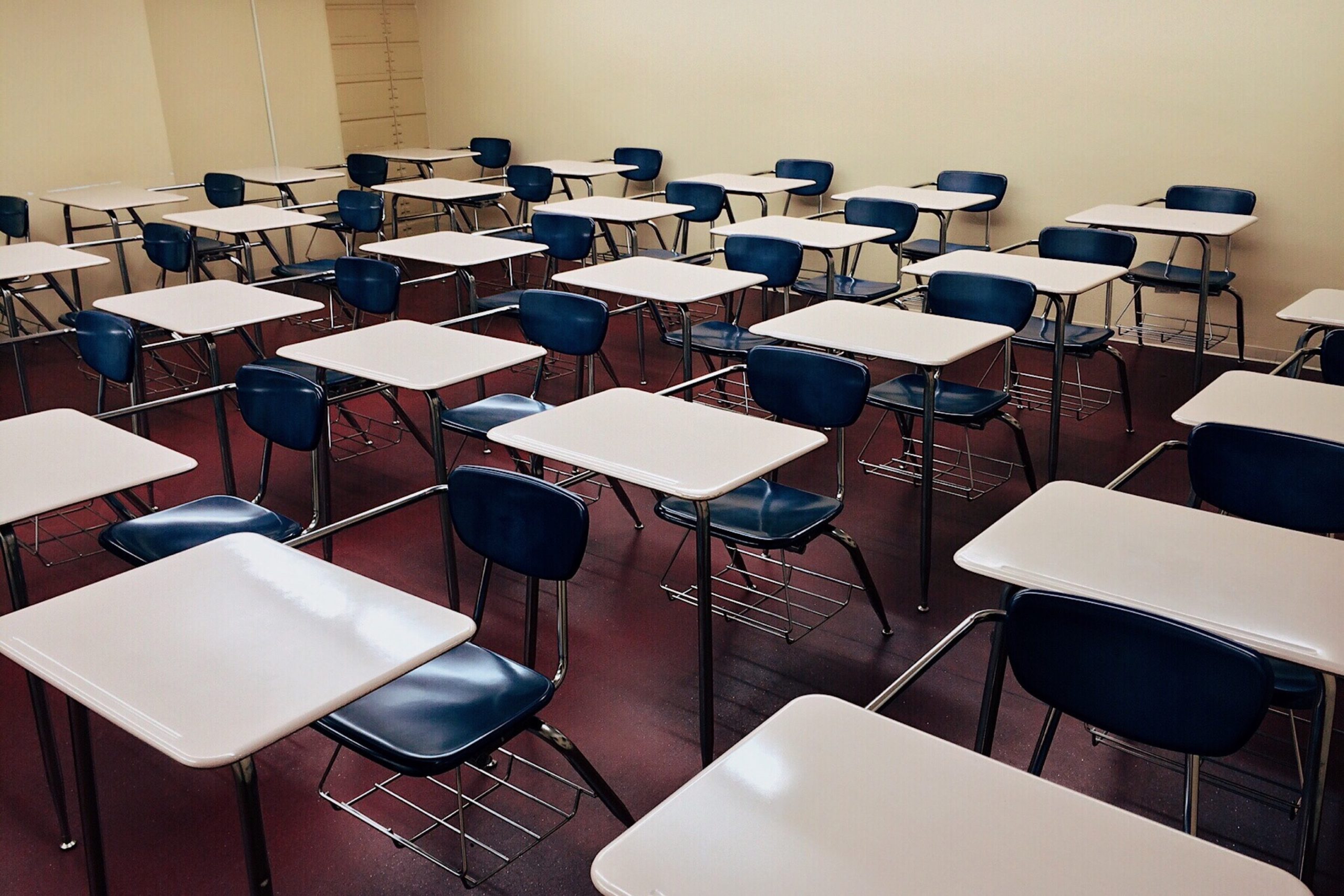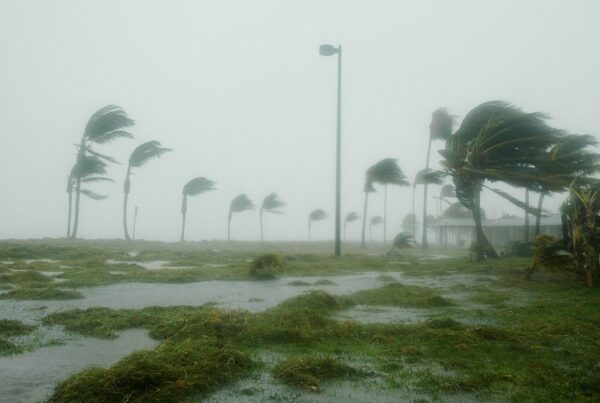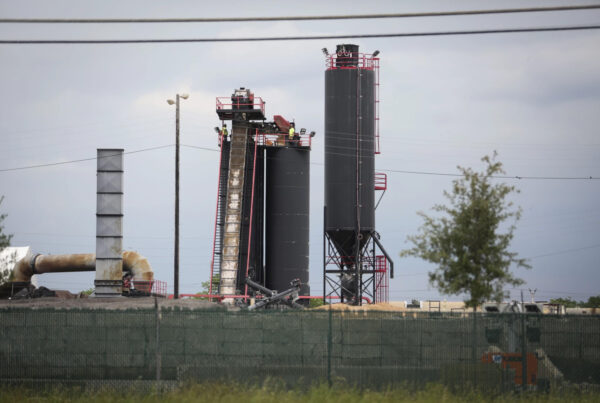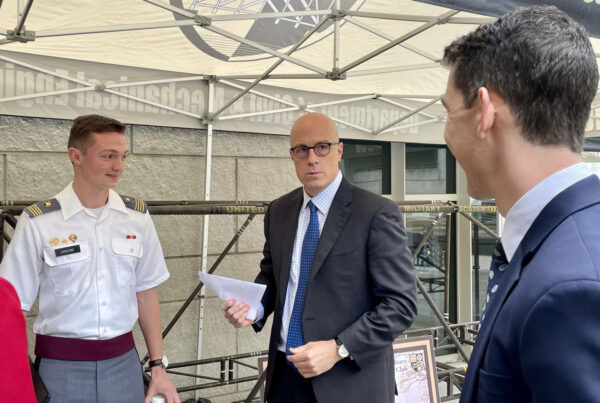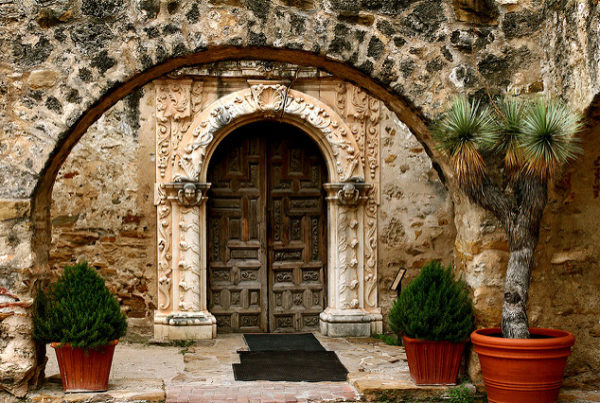School funding has been a hot button issue both in and outside the Capitol the past several months.
There’s an entangled and delicate balancing act between the state’s property tax and school finance systems. And if that sounds complicated, it’s because it is.
Texas Monthly senior editor Forrest Wilder writes that it all hurts rural schools, possibly by design. He joined Texas Standard on how the confusing and complicated way schools get funded is hurting districts like Fort Davis ISD in West Texas. Listen to the story above or read the transcript below.
This transcript has been edited lightly for clarity:
Texas Standard: Let me highlight what I think is the thesis of your story. You write, “The Legislature, largely unbeknownst to the public, has devised a system where it disinvests in public schools while putting an increasing burden on local taxpayers. Can you lay that out just a bit more?
Forrest Wilder: Sure. So when you kind of look under the hood of our very complex school finance system, you see some, kind of, key trends or key factors. And one thing that’s been happening over the past decade is that when you just look at traditional independent school districts – there’s about a thousand in Texas, and it’s where the vast majority of students are educated – the state share of funding has declined quite significantly over that time period over the last ten years, whereas the local share has gone way up just to make up that difference. So overall, you see kind of a stagnation or even decline in funding across the board in the system. But what’s particularly concerning is that the the sort of state contribution just kind of continues to decline.
So if I understand you correctly, you’re saying that if you want your public schools, that burden is going to be shifting basically to local tax increases, is what you’re talking about, right?
That’s right. Or at least the property tax bill that people are paying. So you get this situation where from a local property taxpayer perspective, you’re like, “wait, on school property taxes, what I’m paying keeps going up but these schools aren’t really getting any better.” In some cases, they might be getting worse. And again, what’s going on – it’s very hard to see until you dig into the data – is that the state is just, as I wrote in the article, just disinvesting from traditional independent school districts. And so the result is that a lot of schools are just struggling, even as people see their property tax bills going up and being pretty high.
You spoke with a Fort Davis Independent School District superintendent that’s out in far West Texas, not far from Marfa and Alpine. And he told you that they’re on the brink of financial ruin. He’s trying to squeeze “every nickel and dime out of every budget item” and that he’s lobbied for years for state lawmakers to fix these issues. Any inroads or no?
Not really. And, you know, they’re an interesting district. They need about $3 million to run a very barebones operation just to provide basic education to their students. But the way the state system is working, through no fault of their own, they’re only able to raise about $2.5 million. And so basically they have this funding gap – again, through no fault of their own – and they’re having to deplete their savings just to keep the lights on.
So about a year from now, they’re expecting to basically be insolvent and they don’t know what they’re going to do. So they’re very frustrated. They’re very frustrated with the state. And this is a situation, while this case might be extreme, a lot of rural school districts are facing similar problems. It’s just simply not enough money in the system. And the way the state has put together the school finance system is creating problems and inequities, particularly for poor districts that don’t have a lot of property wealth. And that’s the case in Fort Davis.
Something that a lot of folks in in rural Texas, Republicans and Democrats, were pushing back on was school vouchers, which again came up in this legislative session. It’s my understanding that issue was dead. Is that indeed dead this year, or is it possible it could reemerge during these special sessions we’re all expecting?
I think it’s quite possible it could reemerge. I mean, that’s kind of the signal that Gov. Greg Abbott was sending – is that, you know, just because it didn’t happen in the regular session doesn’t mean he can’t call a special session and put that on the agenda and sort of force lawmakers to come to Austin and kind of prod them into doing that.
You know, I think the other thing – the vouchers issues is super important, but just as important is that this legislative session concluded without any significant new funding for schools and no teacher pay raises. And this is at a time when we had an unprecedented budget surplus of $33 billion. And so unless that somehow changes during a special session, schools are going to go another two years without an increase to their funding or teacher pay. And that’s very concerning, particularly for districts that are already struggling.


